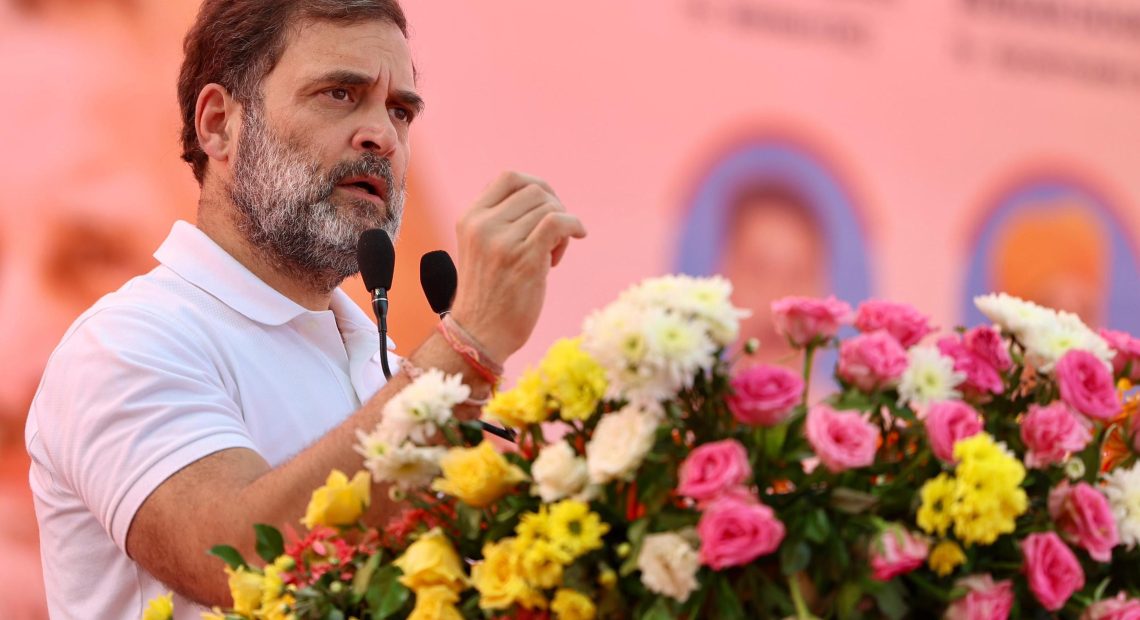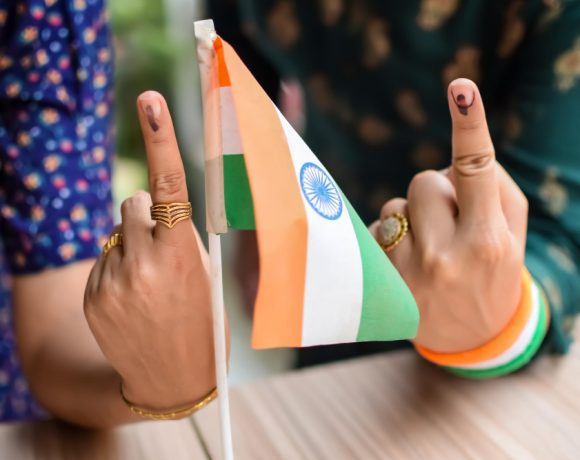
Opposition Slams Centre’s “Draconian” Amendment Bill
Union Home Minister Amit Shah introduced the Constitution (130th Amendment) Bill in the Lok Sabha along with the Government of Union Territories (Amendment) Bill and the Jammu and Kashmir Reorganisation (Amendment) Bill. The constitutional amendment proposes that the Prime Minister, Chief Ministers, or other ministers automatically lose their positions if they remain in custody for 30 consecutive days in cases where charges involve a minimum punishment of five years. This removal would occur even without a court conviction.
Government’s Argument
The government defended the proposal, saying it brings elected leaders under the same rules that apply to civil servants, who can be suspended once arrested. It argued that the measure is aimed at curbing criminalisation in politics and ensuring accountability. Officials stressed that the amendment seeks to uphold higher standards of probity in public life.
Strong Opposition Reactions
The move triggered a sharp backlash from the Opposition. Congress leader Priyanka Gandhi described the amendment as “dangerous and unconstitutional,” while Rahul Gandhi warned it sets a precedent for detentions being used as political tools. Trinamool Congress MPs staged dramatic protests in Parliament, tearing copies of the bill and calling it an attack on democratic rights. Their leader Abhishek Banerjee said the law would violate the principle of “innocent until proven guilty.”
States Voice Concerns
Several state leaders also opposed the bill. Tamil Nadu Chief Minister M.K. Stalin called it a “black law” undermining federalism, while Kerala Chief Minister Pinarayi Vijayan said it reflects a neo-fascist approach designed to destabilize opposition-led governments.
Next Steps in Parliament
Amid the uproar, Amit Shah announced that the amendment bill would be sent to a 31-member Joint Parliamentary Committee for detailed review. The committee is expected to present its findings in the next session of Parliament, setting the stage for an extended and contentious debate.


















